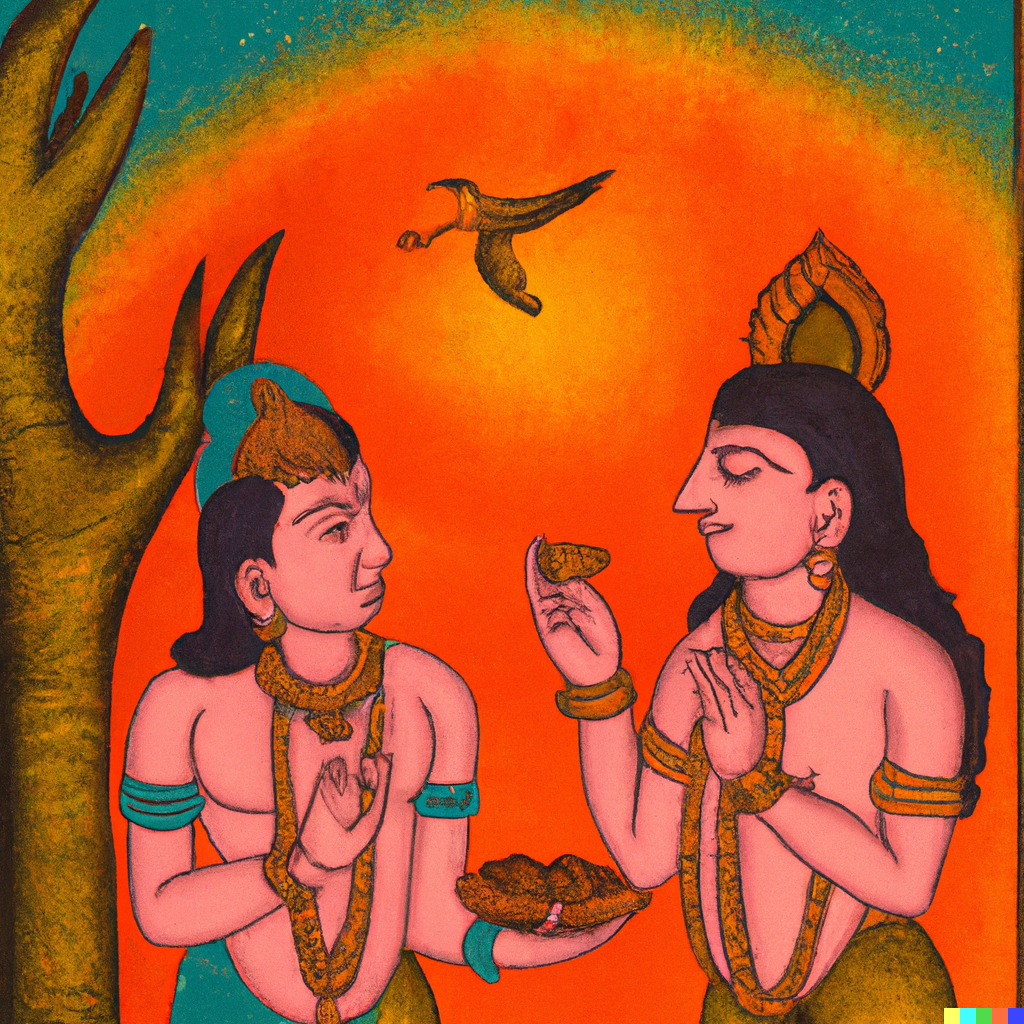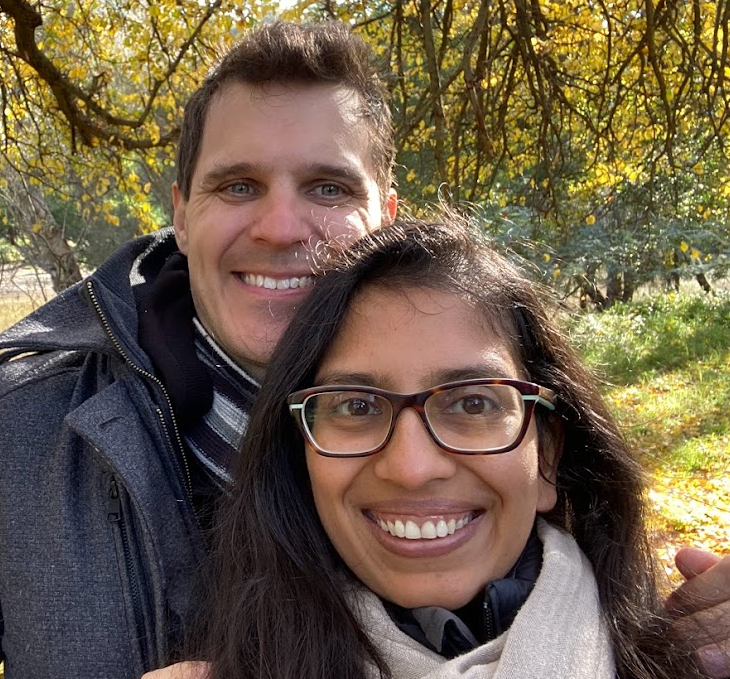What Does it Mean to Be Good
I haven recently been watching the TV show The Good Place. The titular Good Place is simply what we understand to be heaven; a place where some hope to go after they die to be rewarded for their good deeds while alive.
It is explained that only the most outstanding individuals would be allowed into the Good Place. Whether someone deserves to come into the Good Place or not is accomplished by calculating a point total of the actions a person has done. The general theme seems to be that actions helping others result in positive points and selfish and cruel actions result in negative points.
The story is centred around the main character Eleanor who is said to be brought to this place by mistake; after having lived a less than virtuous life. She gets paired up with a moral philosophy professor as her supposed soul mate who she asks to teach her to be a good person.
I think we really got to give credit to the entertainment industry to be bold enough to produce and air a thought-provoking show about moral philosophy. Personally, The Good Place made me think about the following questions:
- What does it mean to be good?
- Should we be good?
- Am I good?
- How can I be better?
I will discuss each of these questions in the following.
What does it mean to be good?
I already mentioned in The Good Place selfless actions helping others would be understood to increase a persons point total and therewith the eligibility to enter The Good Place. I think this is quite a logical and natural way to understand goodness. As has been shown by Richard Dawkins in The Selfish Gene, humans are hard-wired to be helpful to each other. Unfortunately we are also programmed with the conflicting goal of looking out for ourselves; resulting in endless emotional agony. We all understand from our own experience that it is sometimes difficult to put the need of others before ourselves, but we know that it usually feels right.
Thus I think a good working definition of what it means to be good is that it means to find the strength and wisdom within ourselves to not be selfish and help others.
While this undoubtedly a very simplistic view on moral philosophy I think it is also a very powerful one, especially since it is rooted in what we are as human beings.
There is a much wider discussion to be had what objective good is (with the definition above being a wholly subjective one). But I think that may be one of the topics where more wisdom can be attained from avoiding discussing it too deeply rather than pondering it too deeply. A strategy the Buddha suggests for a number of questions such as whether the world is eternal or if the self is identical to the body or not (see The Unanswered Questions).
Should we be good?
Many religions, such as Christianity and Islam, suggest that good deeds in this life will reward us with eternal bliss in the afterlife. If this were true, that would be an excellent justification for seeking virtue. However, as consoling as this idea is, I don't think there is much wisdom in believing it; since there is absolutely zero evidence that there is any truth to it; and, taking into account all knowledge we have accumulated so far, it also seems very unlikely. For instance, our self and mind is very clearly emergent from our brains, and if our brain is dead, it is likely that who we are is dead as well (Not that we should be pondering this too deeply, to not disappoint the Buddha since if the self is identical to the body or not is one of The Unanswered Questions).
Even if the idea of heaven was real, it would pose a moral conundrum. As per my definition above, I think what most distinguishes a good action from a bad one, is that we do something selflessly that helps others; and if we do things with the motivation of securing eternal heavenly bliss for us, we are not really acting selflessly (One of the episodes in The Good Place, "What's My Motivation", discusses this same question).
However, as it is likely that heaven does not exist, I think it is also unlikely that gods exists; at least in the anthropomorphized way that humans have tend to define them. And if there are no gods, how do we know that good actions have value; if it makes any difference if we are good or evil?
Here I think we can again find guidance in our subjective experience. We know that we are alive (as unlikely as that is, even if Rolf Dobelli doesn't want us to consider this; apparently to marvel at our own existence is a human folly), and we know what is pain and suffering. We instinctively know that the gift of life cannot be treasured to its full extent if we suffer, and we have the capacity to understand that our fellow creatures on Earth will have similar feelings.
Thus I think the reason to be good is that we know that suffering must be avoided, and that others suffer in the same way as us. We can contribute to relive our own suffering and that of others through our actions, and thus should do so.
Am I good?
I think the question that affected me most profoundly from watching The Good Place was asking myself if I am good, and if I would have earned my place in the fictional Good Place. Given the examples of virtuous behaviour of the inhabitants of the Good Place, the answer to that question would clearly be no. All those who dwell in the Good Place (with the exception of Eleanor) sacrificed their life for good causes and for others, to a dramatically larger degree than I ever did.
Also I think, just as any other human being, I am selfish in little things from time to time. What I could say though in my own defence is that at least I try to put the needs of other's before my own, and have always seen that as a core part of who I am. The question is just, how far this has been warped by my own biased perceptions of the world; which often tends to arrange things in a way that suit our own interests (see Confirmation bias). Key here is my narrative that I first of all need to ensure that I can support my family and myself financially; and this requires massive compromises to what I do with my time and resources.
Thus while I am sure that I won't make it to the fictional Good Place, I find some comfort in that often I at least try to be good; but certainly want to try to be better, which leads me to the last question I wanted to discuss:
How can I be better?
I believe that one of the greatest enablers of being a better person is humility, and specifically the acknowledgement of ignorance; much bad has been brought upon the world that was seeded from good intentions - because we thought we had it all figured out, although we didn't. Thus I want to try to learn to be more humble, and to acknowledge that there is more what I don't know than I think I don't know.
I also want to be very mindful of excuses I may make up to act selfishly; instead to try to err on trading progress on my long-term goals with the immediate happiness of others.
I think it is a very liberating to worry less about ones own happiness, stature, gain and comfort; though admittedly this is sometimes not that easy to do but definitely a skill that is worthwhile investing in. Siddhartha in one of my all-time favourite books by Herman Hesse explains this very nicely when asked what are his most abilities by the merchant Kamaswami.

Kamaswami: “... What is it that you’ve learned, what you’re able to do?”
Siddhartha: “I can think. I can wait. I can fast.”
Kamaswami: “That’s everything?”
Siddhartha: “I believe, that’s everything!”
Kamaswami: “And what’s the use of that? For example, the fasting—what is it good for?”
Siddhartha: “It is very good, sir. When a person has nothing to eat, fasting is the smartest thing he could do. When, for example, Siddhartha hadn’t learned to fast, he would have to accept any kind of service before this day is up, whether it may be with you or wherever, because hunger would force him to do so. But like this, Siddhartha can wait calmly, he knows no impatience, he knows no emergency, for a long time he can allow hunger to besiege him and can laugh about it. This, sir, is what fasting is good for.”
The questions I have discussed in this article each are probably deserving of their own discipline, and I provided a very brief and subjective discussion here. I hope though that anyone reading this article could benefit in one simple way: by having some motivation to ask these questions yourself and see what your answers will be.
For those interested in the subject, note that there is a 'compendium' book to the show, How to Be Perfect, which explores the moral questions touched upon in the show in detail.


 to be happy with less and
to be happy with less and work with purpose.
work with purpose.